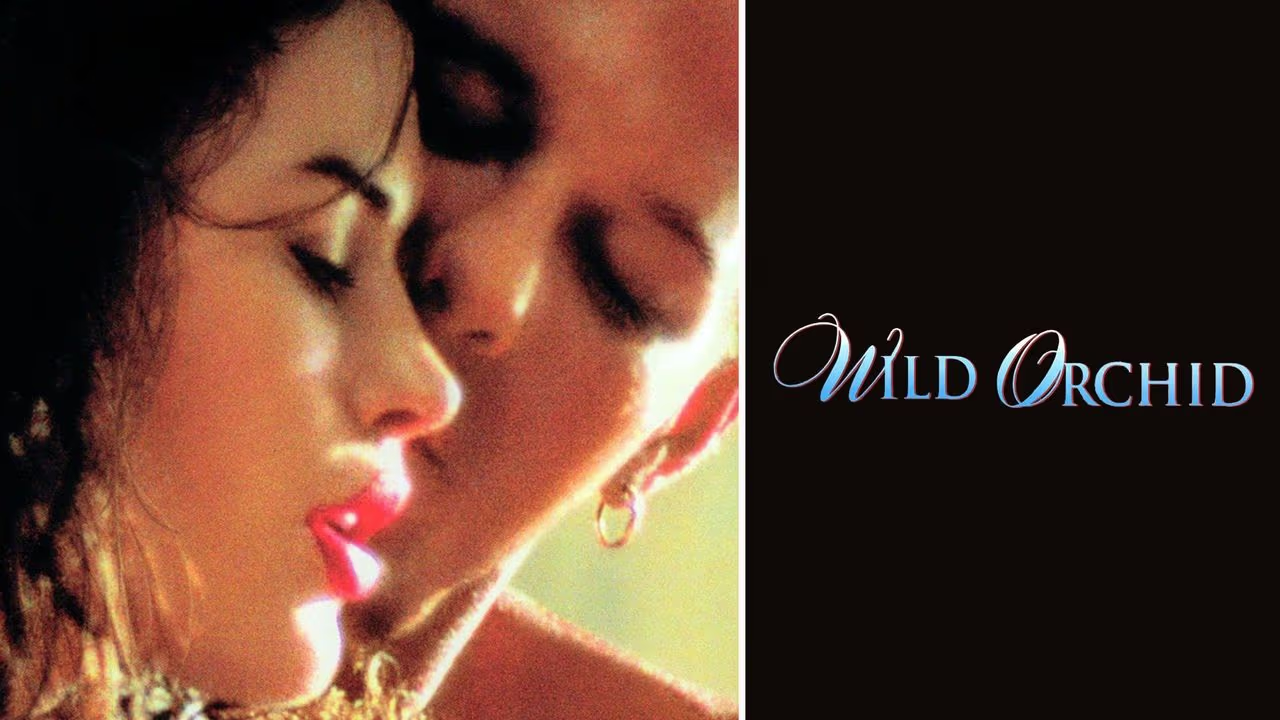goldengaterestaurantphoenix.com – “Wild Orchid,” released in 1990, is an erotic drama film directed by Zalman King. Known for its sensual and provocative storytelling, the film delves into themes of passion, desire, and the complexities of human relationships. With its lush cinematography and evocative narrative, “Wild Orchid” invites viewers into a world where emotions and sensuality intertwine.
Plot Overview
The film follows Emily Reed, played by Carré Otis, a young and inexperienced attorney who travels to Rio de Janeiro for a job opportunity with a prestigious law firm. Her journey takes an unexpected turn when she encounters the enigmatic and charismatic millionaire, James Wheeler, portrayed by Mickey Rourke.
As Emily becomes immersed in the vibrant and exotic atmosphere of Rio, she finds herself drawn to Wheeler’s mysterious allure. Their relationship evolves into a complex dance of attraction and power, challenging Emily to confront her own desires and boundaries. The film explores the intensity of their connection, set against the backdrop of Rio’s bustling streets and seductive landscapes.
Themes and Style
“Wild Orchid” delves into themes of self-discovery, the exploration of sexuality, and the tension between control and surrender. The film portrays the journey of a woman awakening to her own desires and the impact of a transformative relationship on her personal and professional life.
Director Zalman King employs a visually rich style, capturing the sensuality and allure of Rio de Janeiro. The film’s cinematography emphasizes vibrant colors and lush settings, enhancing the story’s erotic and emotional dimensions. The use of music and atmosphere further amplifies the film’s sensual tone, immersing viewers in the world of its characters.
Performances and Chemistry
Carré Otis delivers a nuanced performance as Emily Reed, capturing her character’s journey from innocence to self-awareness. Mickey Rourke brings intensity and complexity to the role of James Wheeler, creating a dynamic and magnetic on-screen presence. Their chemistry is central to the film, driving the narrative and highlighting the emotional stakes of their relationship.
Reception and Impact
Upon its release, “Wild Orchid” received mixed reviews, with some critics praising its visual style and exploration of erotic themes, while others critiqued its narrative and character development. Despite the varied reception, the film has garnered a following for its bold portrayal of intimacy and its exploration of the complexities of desire.
“Wild Orchid” has continued to be a topic of discussion for its daring approach to storytelling and its place within the genre of erotic drama. It remains a notable entry in the filmography of director Zalman King, known for his work in exploring themes of sensuality and human connection.
Conclusion
“Wild Orchid” is a film that ventures into the depths of passion and desire, offering audiences a provocative and visually captivating experience. Through its exploration of complex relationships and the awakening of personal desires, the film invites viewers to reflect on the nature of intimacy and the transformative power of love. As an erotic drama, “Wild Orchid” continues to intrigue and engage audiences with its bold storytelling and evocative imagery.

